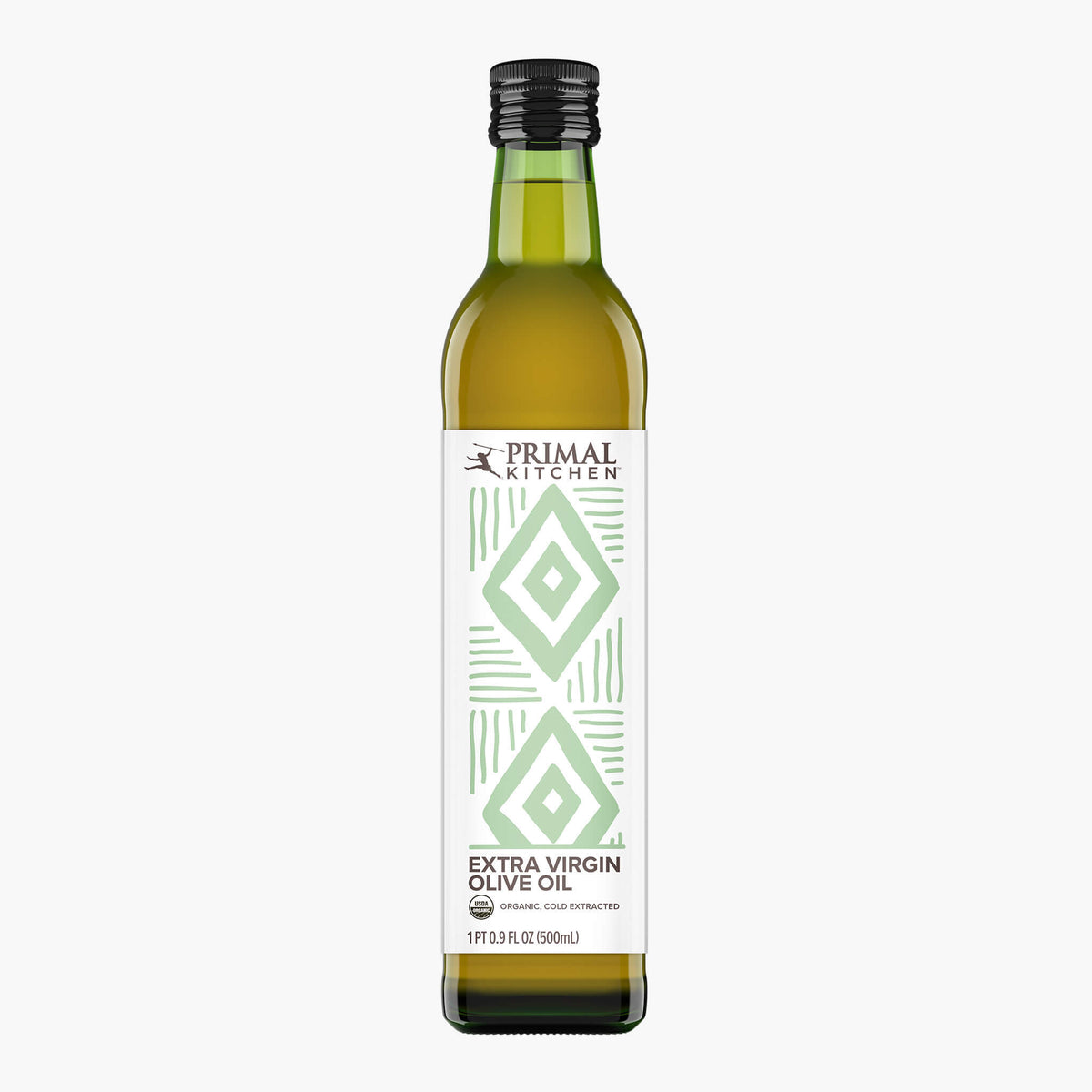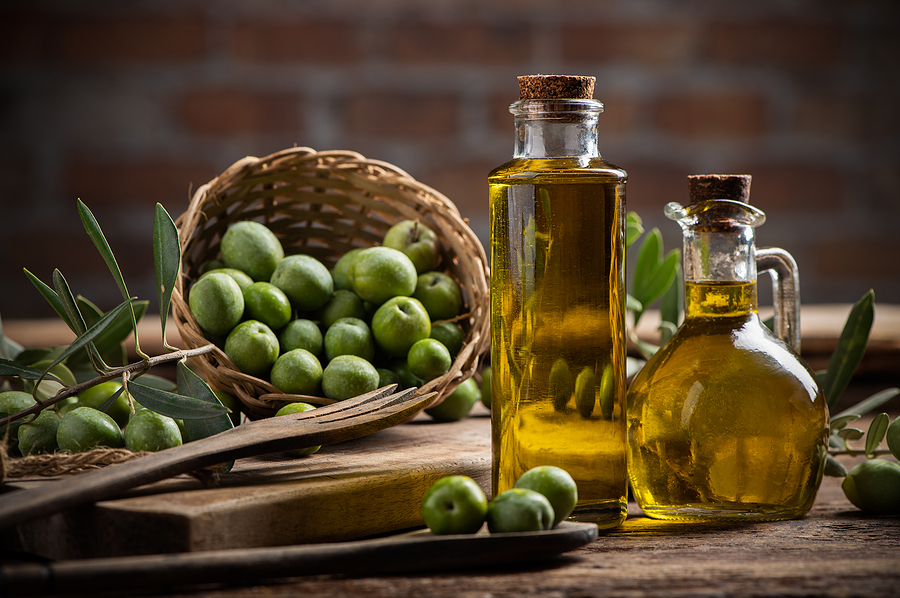Extra Virgin Olive Oil Benefits: The Key to Radiant and Youthful Skin
Extra Virgin Olive Oil Benefits: The Key to Radiant and Youthful Skin
Blog Article
Exploring the Various Sorts Of Olive Oil and Their Usages, Consisting Of Extra Virgin Olive Oil
The exploration of olive oil incorporates a diverse array of types, each offering unique tastes and cooking applications. Extra virgin olive oil, renowned for its superior top quality and wellness advantages, serves as a staple in numerous kitchen areas, yet it is only one aspect of this multifaceted ingredient.
What Is Olive Oil?
Acquired from the fruit of the olive tree, olive oil is a staple in Mediterranean food and a key active ingredient in numerous cooking applications. This functional oil is produced by pushing entire olives, resulting in a fluid that varies in color, aroma, and taste depending upon the sort of olives used, the region of growing, and the extraction procedure. Olive oil is predominantly made up of monounsaturated fats, especially oleic acid, which is known for its prospective health benefits, consisting of anti-inflammatory residential properties and cardio support.
In addition to its culinary usages, olive oil has a lengthy history of application in traditional medicine and skin care, owing to its rich antioxidant material (extra virgin olive oil benefits). The oil is often used in dressings, sauces, and for cooking methods such as sautéing and roasting. Its distinct taste account can improve the preference of different meals, making it a vital ingredient for both home chefs and expert cooks
Furthermore, olive oil is celebrated for its function in the Mediterranean diet regimen, which is connected with many health advantages. As awareness of these advantages grows, olive oil continues to obtain popularity worldwide as a basic part of a healthy lifestyle.
Kinds Of Olive Oil
Understanding the numerous kinds of olive oil is necessary for both health-conscious consumers and cooking lovers. Olive oil is categorized mainly based upon its removal approach and high quality, which substantially influences its taste, wellness, and aroma benefits.

Light olive oil, regardless of its name, refers to a lighter taste and not lower calories. It is ideal for those looking for a much more refined taste in dressings and marinades. Furthermore, there are flavorful olive oils infused with herbs, seasonings, or citrus, which can improve dishes without the need for additional spices.
Each kind of olive oil serves specific culinary functions, and comprehending these distinctions permits consumers to make enlightened selections that align with their food preparation designs and wellness objectives.
Bonus Virgin Olive Oil
Bonus virgin olive oil (EVOO) is extensively related to as the finest olive oil offered, celebrated for its rich taste and numerous wellness benefits. To be classified as additional virgin, the oil has to be produced from fresh olives utilizing mechanical processes, without the use of solvents or excessive heat. This meticulous technique protects the oil's all-natural tastes, antioxidants, and healthy fats, resulting in a product with a reduced acidity degree of less than 0.8%.
EVOO is abundant in monounsaturated fats, specifically oleic acid, which is linked to reduced inflammation and boosted heart health. It additionally consists of polyphenols, effective antioxidants that might provide protective results against chronic conditions. The taste profile of EVOO can vary significantly relying on the olive variety and area of production, ranging from fruity and grassy to robust and peppery.

Culinary Uses of Olive Oil

In cooking, olive oil can be used for sautéing, roasting, and grilling, supplying a healthier option to butter or other fats. Its high smoke factor makes it ideal for numerous cooking techniques, while its anti-oxidants add to a heart-healthy diet plan. Showering olive oil over finished recipes, such as pasta, fish, or grilled vegetables, can boost flavors and include a touch of sophistication.
Moreover, olive oil plays a substantial function in baking, try this out where it can change conventional fats in dishes for bread and pastries, giving wetness and a refined preference. It likewise offers as a base for infused oils, enabling chefs to trying out tastes such as garlic, natural herbs, or chili, even more expanding its cooking possibility. On the whole, olive oil's convenience makes it important in both home and specialist kitchens.
Choosing Quality Olive Oil
When picking quality olive oil, it's important to take into consideration numerous essential factors that affect the product's taste, aroma, and health and wellness benefits. Decide for extra virgin olive oil (EVOO), which is obtained from the initial chilly pressing of olives and contains the highest degrees of anti-oxidants and beneficial substances. Look for oils that are accredited by recognized companies, as this often ensures adherence to rigorous quality criteria.
The packaging also plays a significant duty in protecting the oil's honesty. Pick oils kept in dark glass containers or tins to secure versus light destruction. Focus on the harvest day; fresher oils supply premium taste and nutritional worth, so pick products that are within 18 months of their harvest.
Be aware of the taste; an excellent high quality olive oil ought to have an equilibrium of fruity, bitter, and sharp notes, indicating its richness and complexity. By assessing these variables, you can ensure you are choosing the finest olive oil for your cooking demands.
Final Thought
In recap, the expedition of numerous types of olive oil reveals distinct attributes and applications, with extra virgin olive oil standing for the pinnacle of quality due to its reduced level of acidity and high antioxidant material. Comprehending the various selections of olive oil allows for notified options in food preparation methods, promoting healthier practices while improving the general gastronomic experience.
Obtained from the fruit of the olive tree, olive oil is a staple in Mediterranean food and a vital component in different cooking applications.The most typical kinds of olive oil consist of fine-tuned olive oil, pure olive oil, and light olive oil.Bonus virgin visit this page olive oil (EVOO) is commonly regarded as the greatest quality olive oil available, renowned for its rich flavor and various wellness benefits. Decide for added virgin olive oil (EVOO), which is acquired from the very first chilly pushing of olives and includes the highest possible levels of antioxidants and valuable substances.In recap, the expedition of different kinds of olive oil reveals distinct attributes and applications, with added virgin olive oil representing the peak of high quality due to its low level of acidity and high antioxidant material.
Report this page